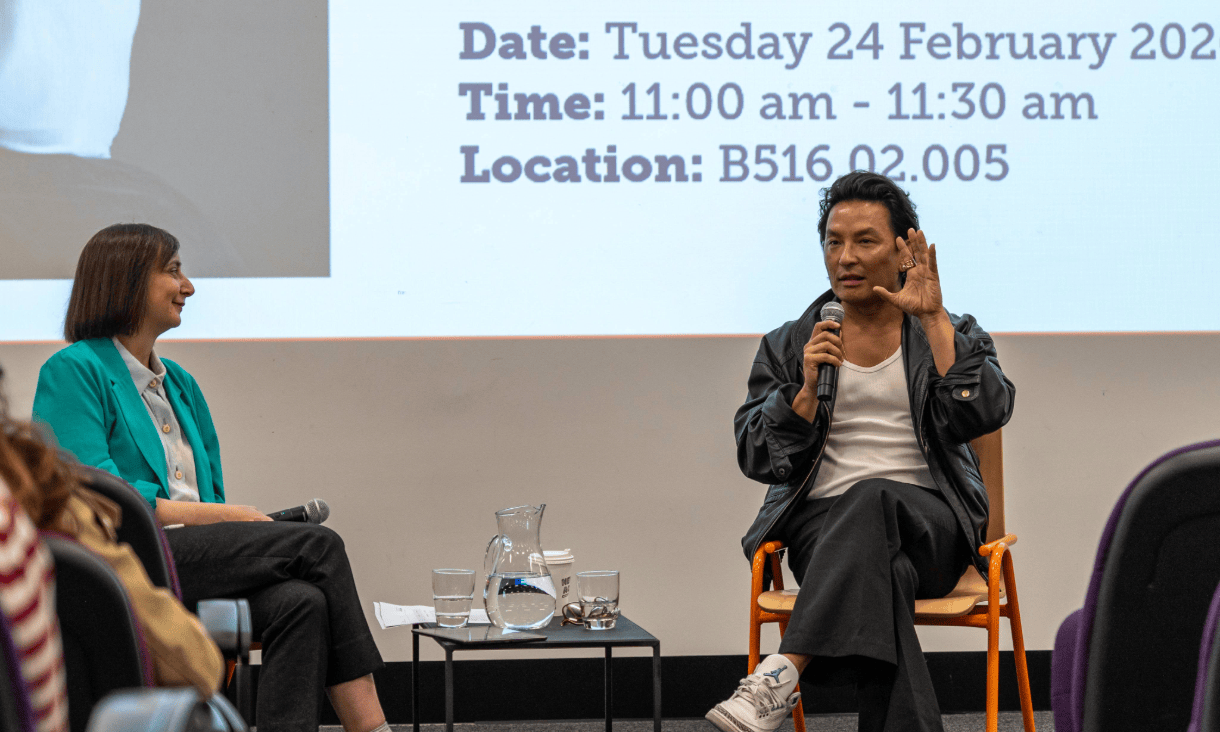Tip 1: How do you learn best?
Think about how you learn best. It can be helpful sometimes to think about a previous learning experience that you’ve had. For example, through high school or other TAFE or university courses you may have done. What worked for you, and what didn’t? Did you have any adjustments, flexibility or support in place that you found helpful? Or were there things that you were missing that could have been beneficial?
Tip 2: Get to know your program
It’s a great idea to research your program requirements, how it’s set up and what’s involved. This can include looking into the types of assessments that you may have and finding out if there are any work integrated learning, placements, internships or external accreditation you need to pass. It’s helpful if you know this going into your program so if you meet with the ELS, you know what to expect, where your strengths and weaknesses might be, and what adjustments could be helpful.
Tip 3: Get support in place early
The sooner you contact ELS, the better. Book in an appointment with the ELS or reach out to us via email at the very beginning of semester, if not before. This means that we can unpack what challenges might arise for you. and help you plan how you will manage them. We can put adjustments into your Equitable Learning Plan so they’re available to you at those stressful times. If you leave things until last minute it can be tricky for us to get supports in place for you quickly, and often it will involve you having to negotiate with teachers, apply for special consideration (which can cause extra stress!). The more you plan and the earlier you reach out for support, the better.
Tip 4: Keep in touch with your support team
This might include us, as well as your teachers and tutors. It could also include additional supports, such as the careers team or the library study supports or mental health support, such as your counsellor. The more that we know about what’s going on for you throughout each semester, the more we can help.
Tip 5: Obtain supporting documents
The final tip is to obtain any supporting documents outlining your condition and how it impacts on your study. If you can visit your GP, counsellor, psychiatrist or any registered health practitioner and get them to support you with filling in our forms, it means that when you meet with us for an appointment we’ve got everything we need to put together and publish your equitable learning plan.
We recommend that you book an appointment with your health practitioner as soon as you know you’re going to need supports during your study and email that back to us so that we have everything saved to your confidential student file. If you don't have a regular GP or health practitioner that you can see, let us know so we can help you with referrals.







